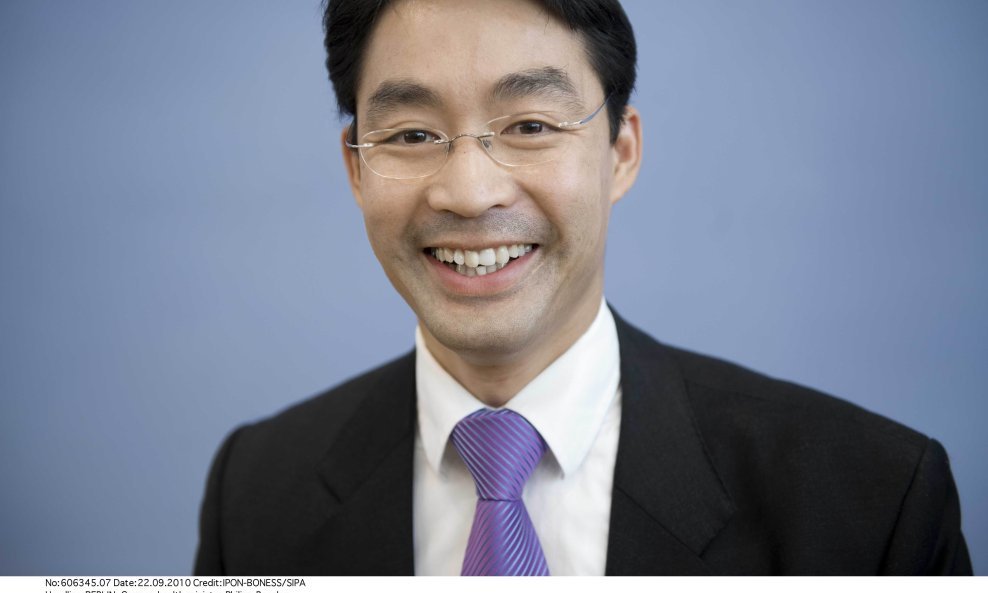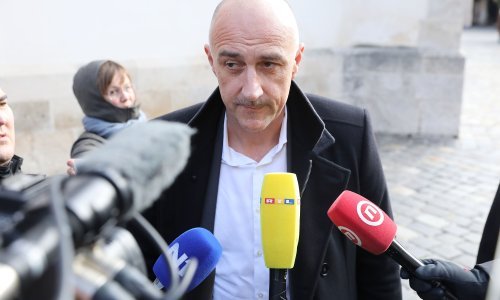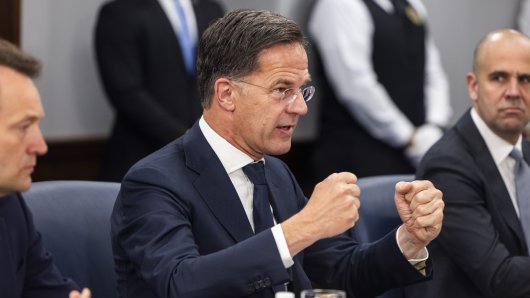German companies are prepared to invest in Croatia, however, security of their investments is important and they would like simpler procedures concerning the issuance of various permits and speedier decisions and implementation of these, German Vice Chancellor and Minister of Economy and Technology Philipp Roesler told a Croatian-German Business forum held in the Croatian Chamber of Commerce (HGK) on Tuesday.
Roesler pointed out that Croatia had to become more attractive for investments and more competitive and that it had to continue to fight corruption and that it was vital to improve the system of dual education.
Roesler added that given the interest of German companies to invest in Croatia, it was necessary to remove administrative barriers and to make the labour market more flexible through reforms of the administrative and social systems.
He added that the European Union needed positive signals and Croatia's coming accession to the EU was indeed positive news which will stimulate partnerships and economic cooperation between the two countries.
Croatian Economy Minister Ivan Vrdoljak said that it was vital to continue with reforms, to fight corruption, strengthen competitiveness, invest in innovations and technology and to improve the education system as these will bring greenfield investments.
He pointed out that economic relations between Croatia and Germany were excellent but that there was still room to improve them, particularly with regard to Croatia's entry to the EU on July 1.
He said that possible areas of cooperation lay in the food, timber, auto, energy, IT and tourism industries.
Minister Vrdoljak said that 2013 would bring a changing trend with a positive GDP and one of the reasons for this is Croatia's entry to the bloc and the opportunity to draw from European funds.
HGK president Nadan Vidosevic also stressed the importance of greenfield investments, saying Croatia expects a fair go from Germany's retail after it enters the EU because Croatia will no longer be part of the Central European Free Trade Agreement (CEFTA) which will be a challenging period for Croatia's food industry.
President of the German-Croatian Chamber of Industry and Trade Dino Dogan said that little was still known about Croatia's investment advantages, its strategic location with an excellent transport infrastructure, sources of fresh water, which is attractive for renewable energy investments.
Germany is Croatia's second largest trade partner after Italy, and last year Croatian exports to Germany amounted to EUR 988.5 million, which is an increase of 2.2% year on year, while imports rose 1.7% to EUR 2.1 billion.
Direct German investments into Croatia rank third after Austria and the Netherlands. Preliminary data from the Croatian National Bank indicate that from 1993 to the end of September 2012, German companies invested EUR 3.1 billion in Croatia, which is 11.7% of all foreign direct investments.
Germany is Croatia's most significant tourism market and last year 1.9 million German tourists visited Croatia, which was 11.5% more year on year, and accounted for 24.2% of all foreign bed/nights - 13.9 million, up 11.7% from 2011.




































